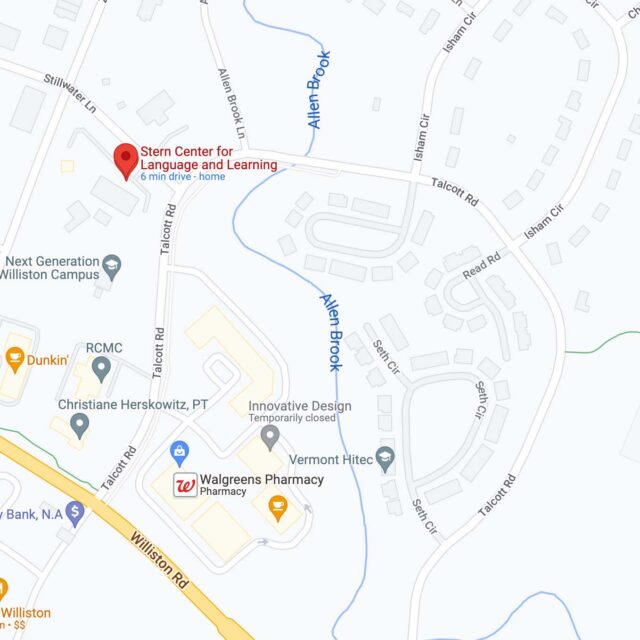What do you think happens when a child can’t figure out how to pronounce that word? Take a moment to recall a time when you struggled with an activity and couldn’t figure it out, then imagine having the added stress of being watched closely by your teacher, parent or friends while the pressure builds for you to “just get it.” We get anxious. We then try to avoid it altogether.
For Teachers
Parent’s Guide to Tests and Assessments for Children Who Might Have a Learning Disability
When you have questions about assessment, finding the answers should be easy. “All About Tests & Assessments,” co-authored by the Stern Center’s Director of Evaluations, Melissa Farrall, is a comprehensive guide for parents, teachers, and therapists looking to understand how to use tests and assessments to identify students’ challenges and to guide them developing a customized learning plan.
The Power of the Orton-Gillingham Approach
The Orton-Gillingham Approach is a direct and explicit, language-based, and multisensory approach to teaching reading, writing, and spelling. Initially developed in the 1930s by Dr. Samuel T. Orton, a neuropsychiatrist and pathologist, and Anna Gillingham, an educator and psychologist, the Orton-Gillingham (OG) Approach is the underlying foundation of all multisensory structured language instruction, inspiring many creative OG-based programs such as Wilson Language Training®.
The Distinction & Differences of Digital Learning
Literacy, Financial literacy, Social literacy, Consumer literacy, Digital literacy – What is literacy? It seems we are encouraged to take any adjective and place “literacy” as the noun, thereby creating a new concept open to wide ranging definition, interpretation, and application.
VIDEO: "Executive Function – Organization and Possessions"
In this video, Michelle Szabo, Program Manager for Instruction at the Stern Center for Language and Learning, discusses executive function skills and what they mean for your child at home and for your student in the classroom.
“Eye’ve” Got it!
I read a lot; always have. Fifty novels a year. Various weekly and monthly publications. Regular professional articles and occasional books. Encountering a new word used to lead me to the dictionary, which meant getting up and walking to my reference shelf, but now I just use my iPod to google the vocabulary interloper and then hope to claim it as my own
